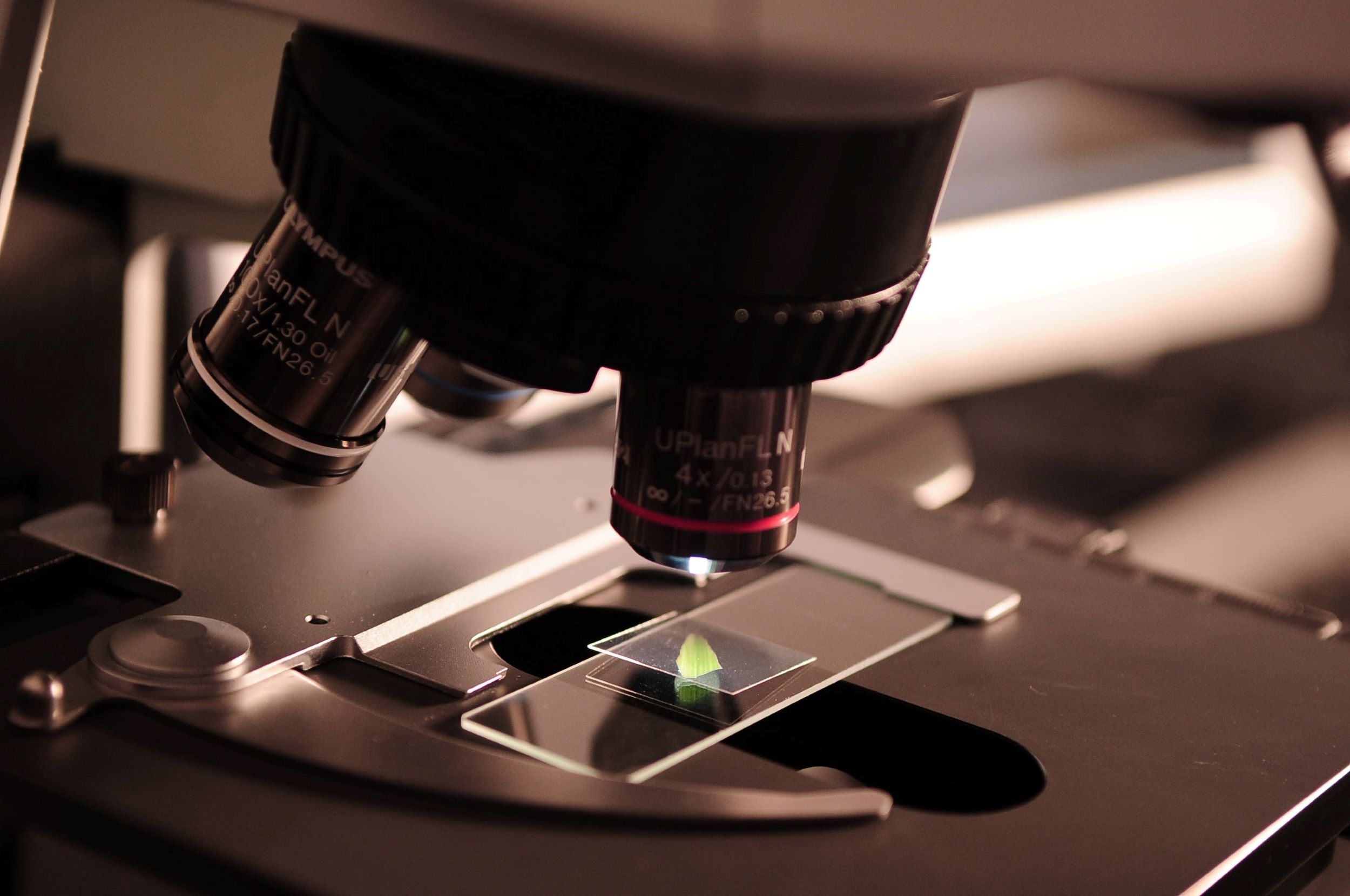When it comes to supporting individuals with eating disorders, assessing lab values is a crucial aspect of comprehensive care. While it’s not uncommon for certain lab values to be affected, it’s equally important to understand why many individuals with eating disorders may not show abnormal results. In this blog, we’ll explore the implications of a few abnormal labs, shed light on why some individuals may not exhibit these abnormalities, and review how dietitians can support you. Keep reading to learn about decoding lab tests for eating disorders.
Understanding Abnormal Lab Values
We know that abnormal lab values might sound scary, but there’s no reason to be apprehensive. Lab assessments are simply supposed to help healthcare providers pinpoint parts of an individual’s health that may need extra attention. Here are a few examples of labs that should be monitored during eating disorder recovery.
Electrolytes:
Abnormal electrolyte levels, such as low potassium, can be indicative of nutritional imbalances, often associated with restrictive eating. This can lead to issues like muscle weakness, fatigue, and, in severe cases, heart irregularities.
Other electrolytes include sodium, magnesium, and calcium.
Complete Blood Count (CBC):
This test provides information about the number and types of blood cells and can help identify anemia, which is common in individuals with eating disorders.
Glucose:
Irregularities in glucose levels may be observed, especially in cases of malnutrition or disordered eating. This can affect energy levels, cognitive function, and overall well-being.
**Note: Remember that malnutrition can occur in all body sizes.**
Why Abnormal Labs Aren’t Always Present
It’s important to note that not all individuals with eating disorders will exhibit abnormal lab values. However, this does not mean that they do not have an eating disorder and don’t require help. Below are several reasons why an individual suffering from an eating disorder may have normal lab results.
Adaptation of the Body:
The human body is remarkably adaptive. In some cases, individuals with eating disorders may experience physiological changes that help maintain certain lab values within a normal range for an extended period, despite underlying nutritional deficiencies.
Individual Variability:
Every person’s body responds differently to malnutrition or disordered eating. Some may show abnormalities in lab values sooner, while others may maintain relatively normal levels for a longer period.
Complexity of Eating Disorders:
Eating disorders are multifaceted, and not all individuals with these conditions will exhibit the same patterns or severity of physical consequences. Some may engage in disordered eating without a significant impact on lab values.
The Role of the Dietitian
If you ever had lab work done, chances are you probably thought to yourself afterward, “what now?” This is where a treatment team, especially a dietitian, can be incredibly helpful. Dietitians play a crucial role in supporting individuals with eating disorders, including when it comes to lab value assessments. Below are two ways a dietitian can use lab values to help clients.
Individualized Nutritional Plans:
Dietitians can create personalized nutritional plans that address specific dietary needs, aiming to restore and maintain the client’s optimal health.
Education and Monitoring:
Providing education on the importance of nutrition and closely monitoring lab values allows dietitians to intervene promptly if abnormalities arise. This is often accomplished with the support of an eating disorder-specialized doctor.
Final Thoughts on Decoding Lab Tests for Eating Disorders
Thank you for reading our resource on decoding lab tests for eating disorders. Assessing lab values in individuals with eating disorders provides valuable insights into their nutritional status. While abnormalities can indicate potential health risks, it’s crucial to recognize the variability in how individuals may present. Dietitians play a central role in developing tailored nutritional plans, offering education, and collaborating with the healthcare team to support individuals on their journey toward recovery and optimal health.
Contact Us
Courage to Nourish is a group of eating disorder specialized dietitians. We have in person locations in Alexandria, Virginia, Columbia, Maryland. and College Park, Maryland. We offer virtual services across the state of Virginia, Washington DC, Pennsylvania, and Colorado. We offer individual nutrition therapy. As well as support groups. We would love to guide you in building a better relationship with food.
Emilee Young, RD, LD, is an eating disorder dietitian who serves Alexandria, VA, Richmond, VA, Charlottesville, VA, Norfolk, VA, Virginia Beach, VA, and Roanoke, VA. She provides in person services in our Alexandria, VA office and virtual services elsewhere. Emilee also sees clients who live in Maryland and DC.
Contact us for more information. And to schedule a discovery call. Also, sign up for our client or clinician newsletter!
Take one of our eating disorder quizzes:

I am a Registered Dietitian dedicated to helping those in recovery. I enjoy helping individuals work towards body acceptance and find food freedom. I am a fat-positive and anti-diet dietitian practicing from an intuitive eating lens. I enjoy working with folks who struggle with binge eating disorder (BED). I serve clients virtually and in person throughout DC and Maryland. Growing up in Virginia, I am passionate about supporting clients throughout the greater areas of Richmond, Virginia Beach, Charlottesville, and Roanoke.


